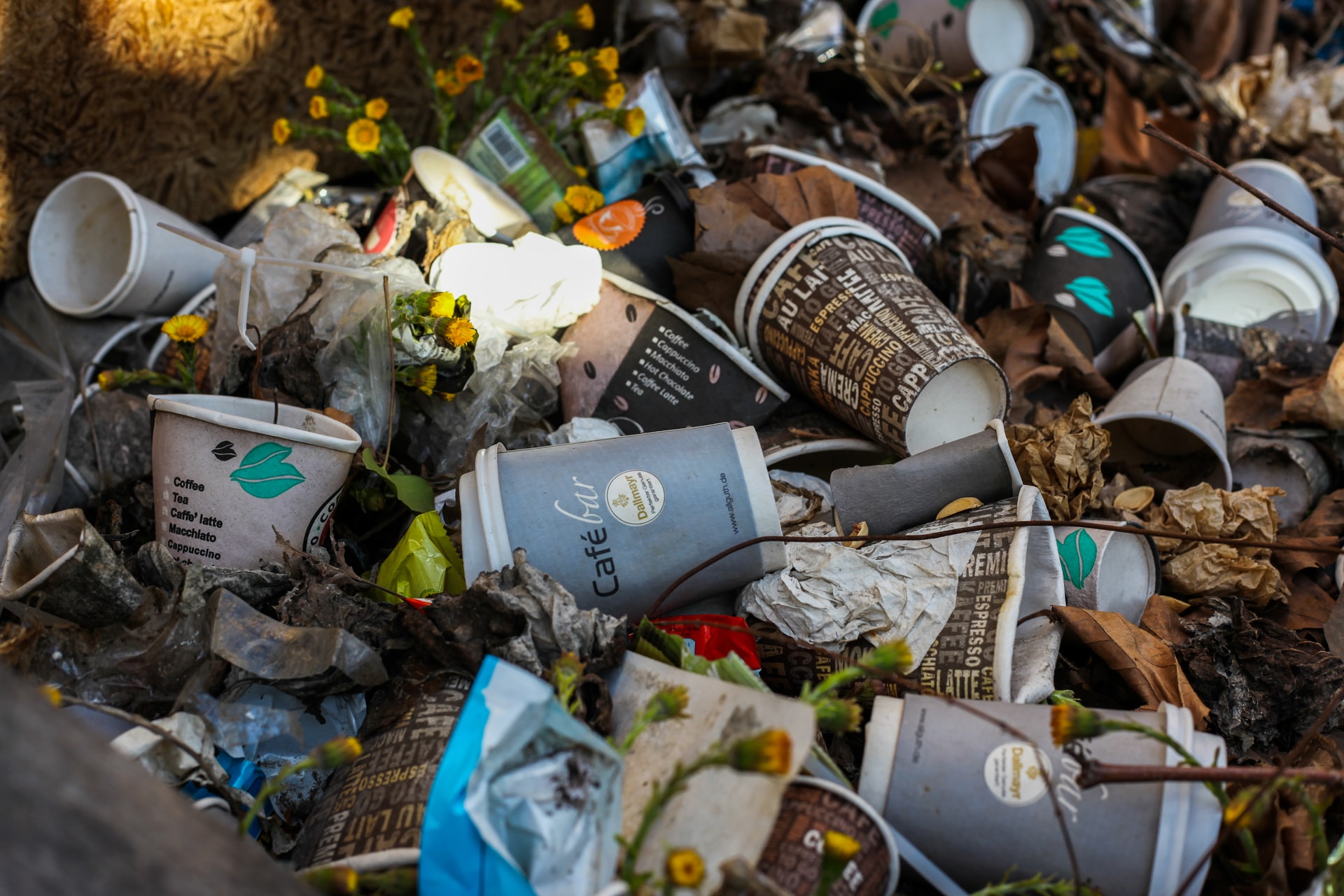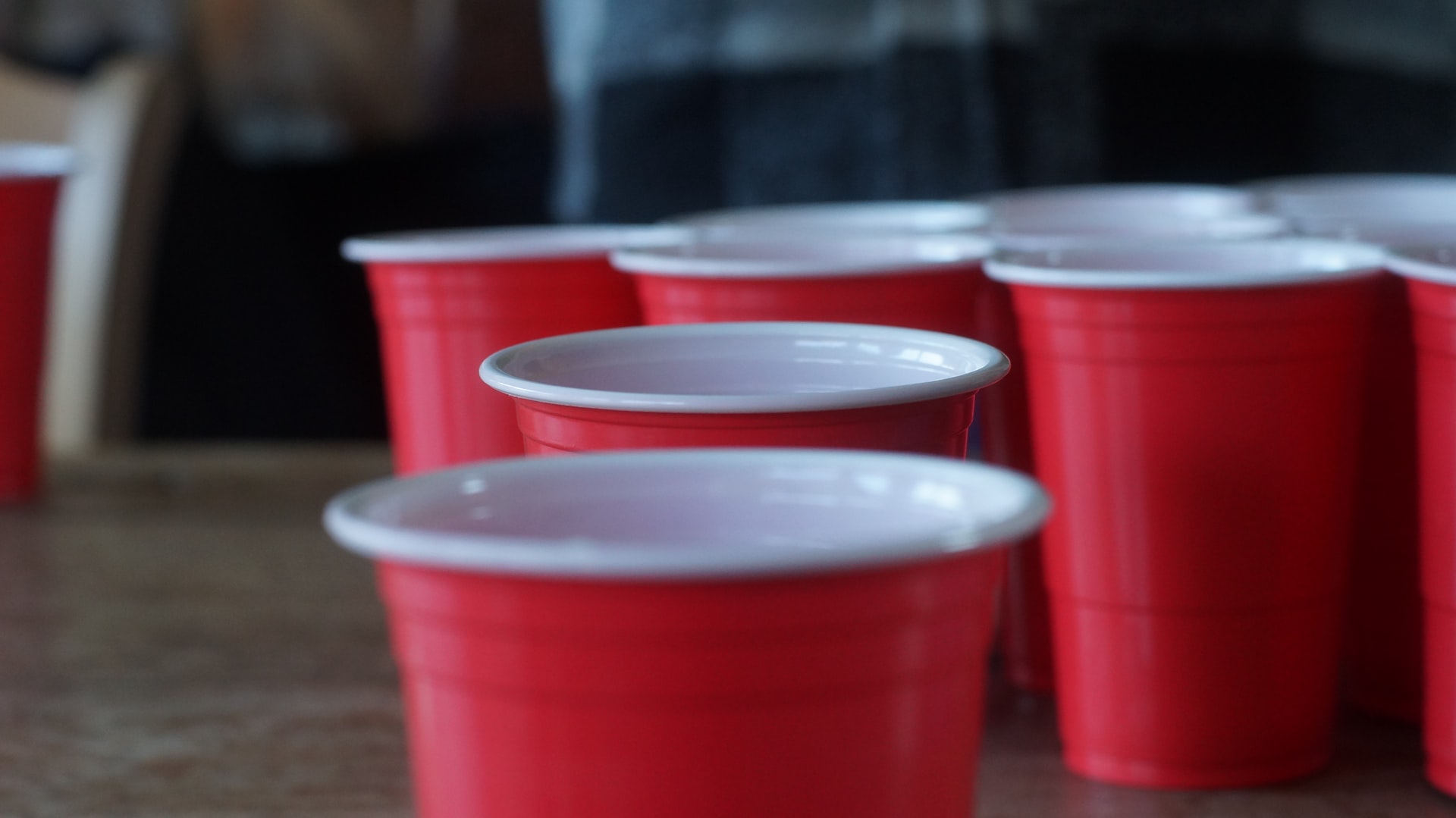
- Sustainable Planet -
- 3mins -
- 964 views
Dutch ditch disposable coffee cups in the office: banned from 2023!
The Netherlands is banning plastic and other non-reusable coffee cups in offices from 2023 as part of measures the outgoing Secretary of State hopes will lead to a 40% reduction in the use of disposable plastic goods by 2026.
Bring your own mug: Disposable coffee cups in Dutch offices banned from 2023
From 2023, coffee and tea in the office may no longer be supped from disposable cups, but only from old-fashioned, regular, reusable, washable cups and mugs. Also, from 2024, plastic packaging to take ready-to-eat food with you may no longer be free. That is what outgoing State Secretary Steven van Weyenberg has written in a letter to the Dutch parliament.

Own mug at the office in the Netherlands: disposable cups no longer allowed from 2023
These are the plans of the Netherlands’ outgoing Secretary of State, Steven van Weyenberg, written in a letter to the Dutch parliament. The plans are still being submitted for internet consultation.
Van Weyenberg prescribes that office workers start drinking from coffee and tea cups again, because they can be washed off. In offices where this is not possible, at least three quarters of the disposable cups must be collected for high-quality recycling. In 2026, that percentage will be 90%.
Bars that sell coffee for the road must also offer a reusable alternative. For example, they can set up a return system, or let consumers bring their own cup or container. By 2024, three quarters of the material must be recyclable. In 2027 this should even be 90%.
Coffee cups are now difficult to recycle, because they usually consist of cardboard with a layer of plastic. They therefore often end up in the incinerator or in the litter.
Source: DeTelegraaf.nl

Salad Meals are another target of the single-use plastic ban
Van Weyenberg also wants a ban on plastic packaging for ready meals such as pre-packed salads from 2024. These must then be packed in reusable material. Otherwise, the customer will have to pay extra for it.
In the Netherlands, some 19 million disposable drinking cups and food packaging items are thrown away every day, wrote Van Weyenberg. He hopes to reduce this number by 40% by 2026 compared to 2022 with these measures.
Source: DeTelegraaf.nl



